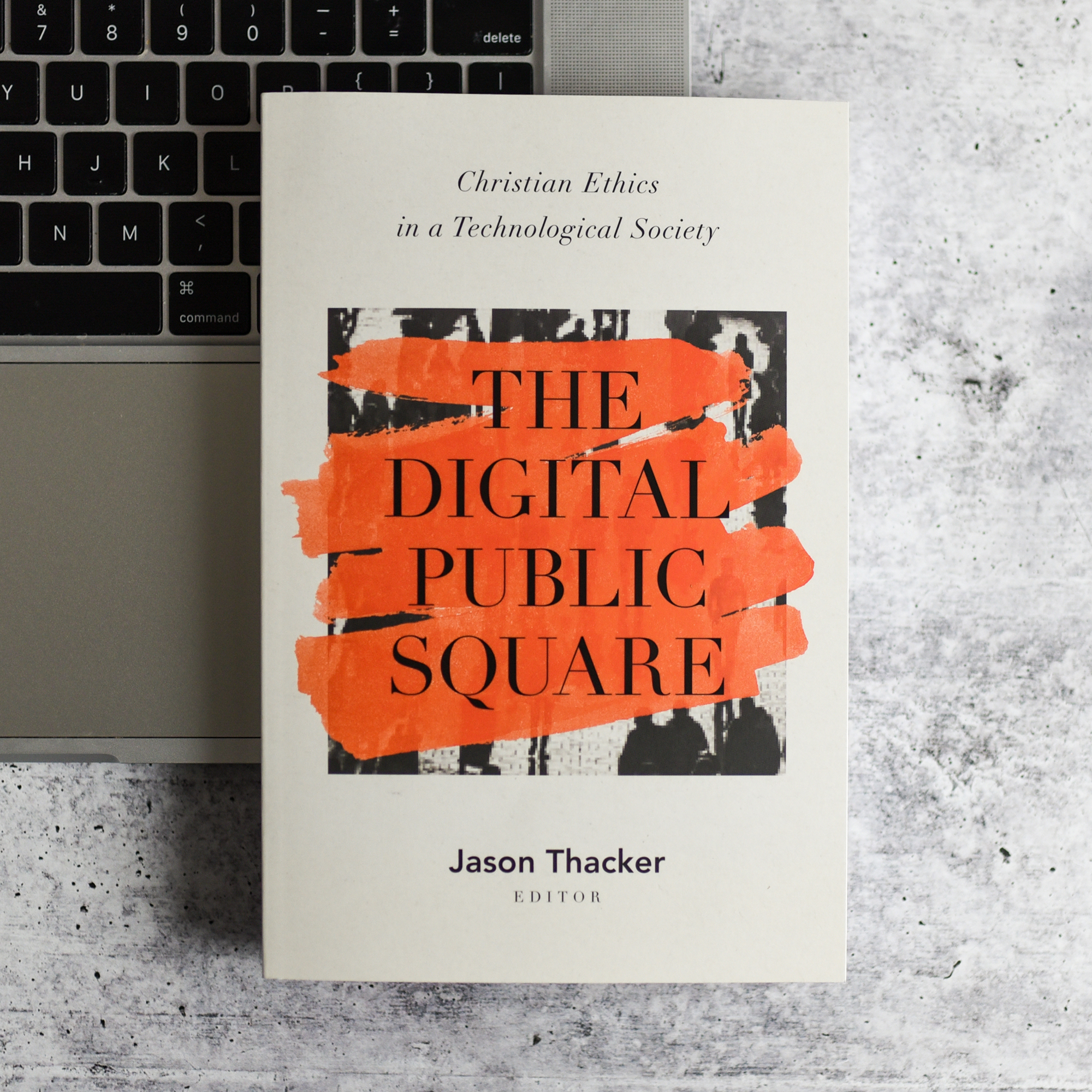Over the last few weeks, there have been a number of concerning reports about how social media — Facebook, in particular — is having extremely negative effects on our society, especially among teenagers. It is even shaping the content that Christians are exposed to on the platform as well. According to a Wall Street Journal investigation, the issues range from certain high-profile accounts being shielded from standard content guidelines to how the company has known that Instagram is toxic for many teenage girls. The Wall Street Journal also reported that in 2018 the company tweaked its content algorithms, which drive our news feeds, in hopes of fostering greater community and user engagement, but the effects were more dangerous than initially thought. The report shows that these changes actually exacerbated tensions and divisions with more inflammatory and objectionable content being highlighted for users, yet leadership failed to act.
On top of these reports from the Wall Street Journal, which were gleaned from various internal research reports, online employee discussions, and draft presentations to senior management, MIT Technology Review recently showed that troll farms had reached over 140 million users on Facebook before the 2020 election. A troll farm is an organized group of users (or even bots) who intentionally craft content to exploit division and sow discord in society. Of particular interest to Christians is that these troll farms — often based in Eastern Europe — operated all 15 of the top Christian American pages on Facebook in October 2019. The largest of the Christian pages on the platform reached 75 million U.S. users monthly. Ninety-five percent of that engagement came from users who never chose to follow the pages but were still exposed to the content crafted by these non-Christian groups.
Jeff Allen, a former senior-level data scientist at Facebook who authored the 2019 report in the MIT story, stated, “Our platform has given the largest voice in the Christian American community to a handful of bad actors, who, based on their media production practices, have never been to church.” This means that millions of Christians throughout our society are likely being exposed daily to messages from troll farms, which often design messages for higher engagement, financial gain, and to negatively alter one’s outlook on the world rather than point people back to Christ and the gospel.
It is obvious from these reports that Facebook needs to immediately address these concerning ethical issues for the sake of public safety, health, and our public discourse. But another big takeaway is that these issues are not limited to Facebook; rather, they are symptomatic of the larger issues with technology in our society today. In reality, we are often being discipled more by our technologies than we are the Word of God.
More than a tool
One of the most common understandings of technology, especially in Christianity, is that it is simply a tool that we choose to use for good or evil purposes. But others insist that technology is a larger social force that is basically unstoppable in altering society for ill. In his book The Technological Society, French sociologist Jacques Ellul says technology is much more than a simple tool or machine because its purpose is to shape every aspect of our society and culture toward greater efficiency — at any cost. While Ellul didn’t exactly have a hopeful outlook for our technological society, one aspect of his philosophy is prescient in that it pushes us to consider the larger ways that technology shapes our culture and alters our perception of reality.
As technologist and theologian John Dyer puts it in his book From the Garden to the City, “Both [views] have elements of truth to them, but we cannot reduce all discussions about technology in either direction.” He goes on to say, “People are culpable for their choices, but technology still plays a role in influencing the decisions they make.” A Christian philosophy of technology seeks to balance the two prevailing views of technology by providing an active framework of agency and accountability, alongside an expanded view of technology that sees the larger societal effects of these tools.
The Church has long promoted the idea that technology is a tool that can be used for good by God’s people to connect with others, build communities, shape the worldview of our churches, and influence the wider culture as we harness it to proclaim the gospel. At the same time, we must heed the words of theologian and ethicist Jacob Shatzer, who warns in his book Transhumanism and the Image of God that “each tool pushes us toward the goal that the tool is best made for” and that we must be “aware of this, unless we think that our goals in life will always align with the goals that tools were made for.” Amid the good, Christians need to recognize the ways that technology expands our moral horizons by opening up options we never thought possible and allowing our sinful hearts to use these technologies to exploit others, manipulate truth, and stoke division.
Christian ethics in a digital age
If you survey much of today’s literature on ethics, a main critique of the Christian ethic is that it is simply unable to deal with new challenges we face today, especially in the digital age. But it shouldn’t surprise us that Jesus didn’t speak to these issues directly or that Paul and the other apostles didn’t write about how to navigate artificial intelligence, smartphones, social media, or other technologies.
While some will write off a Christian philosophy and ethic of technology as outdated or simply unusable, a biblical vision of technology ethics is more than robust enough to help us think through the challenging questions of social media platforms, how to advocate for free expression and religious freedom, and how to uphold the dignity of all human beings in the face of technologies that exploit our weaknesses. Christ summed up the foundation and goal of Christian ethics in Matthew 22:37-39: we are to love God and love our neighbor as ourselves. This means prioritizing our neighbors over profit and recognizing how the tools we use — even if designed with the best intentions — can and will be exploited in sinful and dehumanizing ways as they alter our perception of reality.
One of the ways we can do this in the digital age is by learning about how technology, as more than just a tool, is shaping our lives and society. This should drive us to an active engagement rather than a passive use of these powerful tools. We should also seek to understand that tools like Facebook are being used to influence and shape the worldviews of the church and wider society, often in perverse ways. They do this by exposing us to perfectly crafted and curated messages used to sway our social engagement, exploit our natural desires to be known, and give us a false sense of control in chaotic times.
Pastors and ministry leaders need to understand that technology is one of the primary disciplers of those in our churches. This is due to the fact that our technological devices are at our side nearly every minute of the day, ready to envelope us in the personally-curated online worlds that are designed to shape our view of society. Given the ubiquity of technology today, we have to ask ourselves how we are being formed by these creations, and to what end. Most importantly, Christians must ask if we are being transformed to be more like Christ through our use of technology, or if we are ultimately being conformed to the likeness of this world instead (Romans 12:2).
Learn more about ERLC’s work in the digital public square and sign up to receive articles like this at ERLC.com/digital










